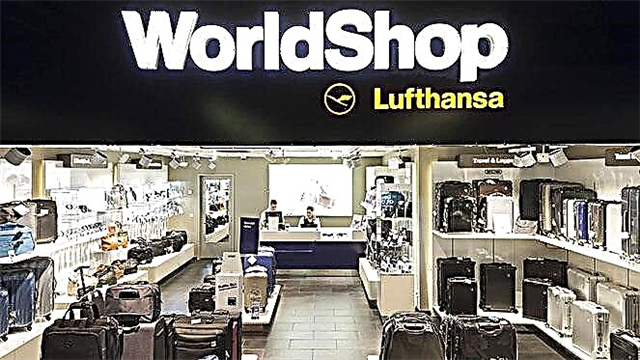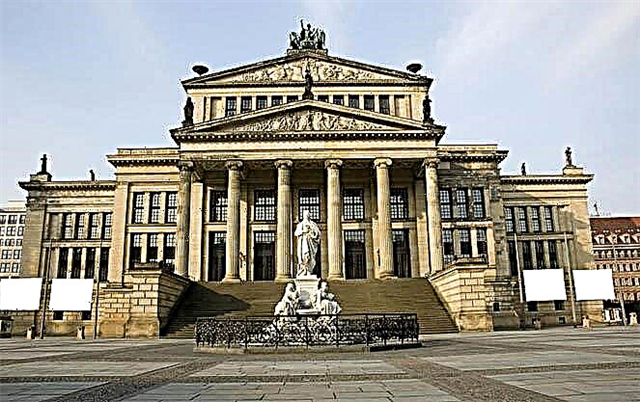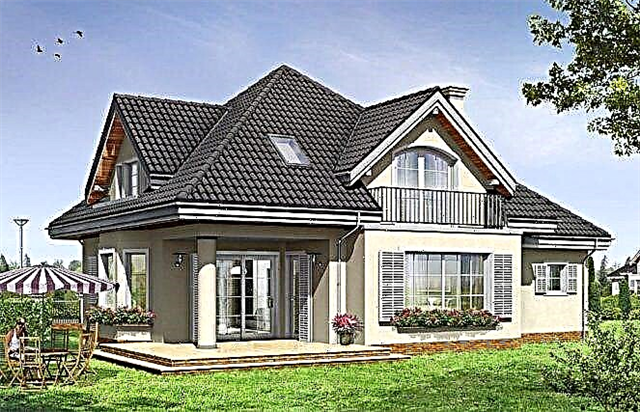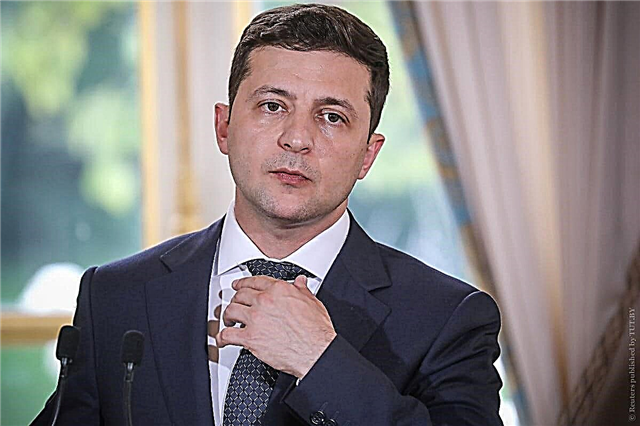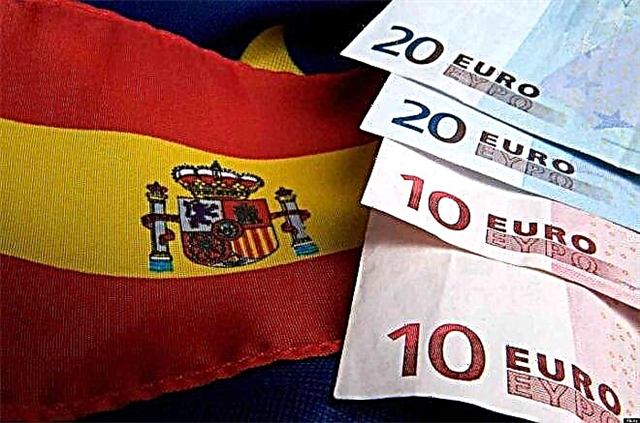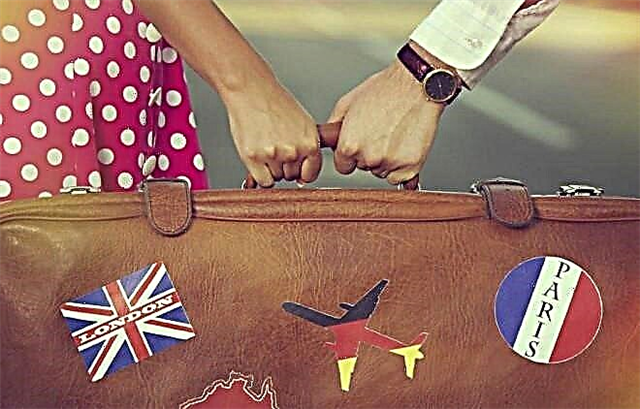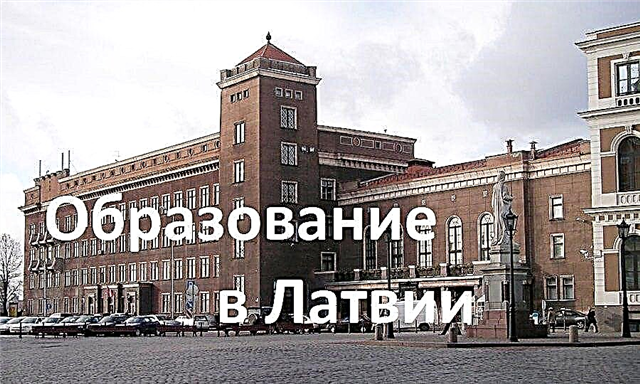Studying in Latvia is a combination of a European-style higher education diploma with minimal financial costs.
The main advantages of studying in this country:
- Participation of Latvia in the Bologna system, a large number of international exchange programs and internships;
- Geographic proximity to the CIS countries, membership in the European Union and the Schengen Agreement;
- Possibility of training in Latvian, Russian or English;
- Broad knowledge of the Russian language by Latvians;
- The possibility of budget education, incl. with reimbursement of day-to-day expenses through scholarships and grants;
- A large number of universities (about 60) with a variety of training programs;
- Low cost of university studies;
- Loyal requirements for applicants;
- Possibility of obtaining a double degree (in Latvia and one of the Western European countries) thanks to partner programs.

In recent years, the Latvian economy has been characterized by slow growth, and most of it is small and medium-sized businesses. GDP per capita is above the world average. Latvia belongs to the countries with a very high human development index, which indicates the quality of the educational system.
The universities of this country are annually included in the academic rankings according to the QS World University Rankings and TNE. The main university - the University of Latvia - is included in 5% the best universities in the world.
Features of higher education
The school stage in Latvia includes compulsory basic (9 years) and complete secondary education (3 years). Obtaining the latter is carried out in specialized classes of the humanitarian, mathematical or natural science orientation. A certificate of complete secondary education and passing of centralized exams (analogue of the Unified State Exam) entitles a graduate of 18-19 years old to participate in the competition for admission to a university.
Due to the unification of the educational process after joining the Bologna system, the principles and duration of higher education are identical to those in other European countries. Obtaining a bachelor's degree in a certain specialty takes 3-4 years, a master's degree - another 1-2 years. Training in medical disciplines lasts the longest (at least 6 years).
The academic year in Latvia is divided into 2 semesters of 20 weeks:
- The first lasts from September to December;
- The second is from January to June.
An examination session is held at the end of each of them (January and June). There is a Christmas break in winter and a two-month study break in July-August.
In Latvia, a 10-point grading system has been adopted, where 1-3 are unsatisfactory marks, 4 is recognized as the minimum passing grade, and 9-10 is given only for an excellent result.
You May Also Like
Types of universities and educational programs
The following types of universities are endowed with the legal right to issue a higher education diploma in Latvia:
- Universities;
- Higher Schools;
- Academies;
- Colleges.
The university must meet the following requirements:
- Provide a 3-step education model;
- 65% teachers must have a doctorate;
- Carry out active scientific work within the framework of individual structural divisions;
- Publish scientific collections.
Higher schools, academies and colleges provide higher education in Latvia of a non-university type, i.e. their diploma testifies to the full mastery of competencies within the framework of a particular profession without a claim to research work.

According to the form of ownership, universities are divided into:
- State;
- Private.
According to the framework of classifications of the European Higher Education Area, there are 3 degrees of it:
- To complete the bachelor's degree, you must type 180-240 credit points (60 - per year);
- For magistracy - 60-120 points;
- To complete the 3rd stage (doctoral studies), you will need another 3 years of study and writing a research paper.
The main task of the undergraduate program is to teach professional skills from an applied point of view. Master's degree implies the implementation of scientific works and research projects.
Important! It takes more time to get higher education in some engineering specialties - medicine, pharmaceuticals, dentistry, and a bachelor's degree may not be available at all.
Conditions for admission
You May Also Like
A prerequisite for admission is the knowledge of the language of the planned training at a sufficient level. When studying in Russian, English or Latvian, it is enough to pass an exam (test, essay) and pass an interview at the university. The international IELTS certificate (5.5 points and above) or TOEFL (from 500 points with the standard version of the test) exempts from entrance examinations in English.
Other requirements for applicants differ depending on the institution. Enrollment of Latvian citizens takes place on the basis of a school certificate and centralized examinations that graduates take at school. Some educational institutions prescribe additional tests in specialized disciplines.

The competition for applicants with foreign citizenship is carried out, as a rule, on the basis of a certificate. Some universities require:
- Passing entrance examinations (for example, in mathematics to technical universities);
- Interviews;
- Psychological testing.
Enrollment in a master's program takes place most often without exams on the basis of a bachelor's degree in the chosen specialty.
List of required documents
The time for submission of documents is approved annually by the Ministry of Science and Education of Latvia no later than the end of March. Usually the deadline for submission is June 30th.
Requirements for the list of documents for the 1st stage of education may differ depending on the educational institution.
Indicative list:
- A certified secondary education certificate with translation (certification can be issued at the Latvian embassy, the Ministry of Foreign Affairs or the Academic Information Center of the Ministry of Education of Latvia);
- Certificate confirming the required level of English (for an English-language training program);
- Application for admission to the university;
- Copy of the passport;
- Photos;
- Motivation letter;
- Summary.
When applying for a master's program, you need to add confirmation of your scientific claims to the above documents:
- Bachelor's degree in the chosen specialty;
- Academic resume;
- Recommendations from the professors.
After receiving confirmation of enrollment in the university, the student must contact the Latvian embassy to apply for a student visa. It is issued for a year and is extended upon transferring to the next course. In addition to the basic set of documents, financial guarantees will be required: 430 € for each month of stay in the country.
Reference! A student visa allows you to officially work up to 20 hours a week.

Cost of education
Tuition fees at Latvian universities do not depend on the form of ownership of the university. It is determined by the demand for the specialty and the prestige of the educational institution.
The average annual cost of earning a bachelor's degree is about 1500-2000 €... You will have to spend a little more when studying in technical and economic specialties. The cost of 1 year at the Faculty of Architecture at the Riga Technical University exceeds 3000 €, training in commercial diplomacy at the University of Latvia will cost 2800 € in year. Medical specialties are traditionally the most expensive: the cost of 1 course of the Faculty of Dentistry reaches up to 12 thousand €.
The average cost of annual tuition for a master's program is 2000-3000 €.
Possibility of free education. Scholarships, grants
Opportunities for obtaining free education for foreign citizens in Latvia are limited. Most of them only partially cover training costs. The source of financial aid is the universities themselves or the government of the country.
Main scholarship programs for students in Latvia:
- Civil Society Leadership Awards: full scholarship in social sciences and humanities for students from countries with developing civil society;
- Latvian government grant;
- Scholarships from the University of Latvia, Riga Graduate School of Law, Turiba Graduate School of Business, etc.
University sponsorship programs are usually based on the academic performance and research work of students.
Internship and exchange studies
Wide partnerships with European universities allow students to actively participate in a variety of exchange programs, internships and summer schools. The most famous of these is the non-profit movement Erasmus +.
Accommodation and meals for students
The campuses of most Latvian universities include student dormitories. Some of them operate on an apartment basis. Monthly seat fees fluctuate from 50 to 250 €... Some students prefer to rent a room or apartment. Price for a 1-room apartment in a residential area of Riga - 300-400 €.
The average student's food costs are 200-300 € per month.
Top universities in the country
The top three universities in Latvia are as follows:
- University of Latvia (Latvijas Universitāte). Next year will celebrate its centenary. Member of the Utrecht Association and EUA. Number of students - about 13 thousand (4% - Foreigners). Education is carried out in 13 faculties, and research work is carried out within 20 scientific institutes.

- Riga Technical University (Rīgas Tehniskā universitāte). The oldest and leading technical university in the country. 17 thous. students study in more than 20 programs at 8 faculties. Priority disciplines: construction and architecture, electronics, programming, mechanical engineering, etc.

- Latvian Agricultural University (Latvijas Lauksaimniecības universitāte). Member of the EUA. The main university in the Baltics in the field of agriculture and forestry, consisting of 9 faculties (food technology, veterinary medicine, economics, etc.). The number of students is about 10 thousand

Reviews
Sergei: A diploma from the University of Latvia and the lack of qualified specialists in the local labor market allowed me to easily find a job in Riga in a large international company.
Julia: In the 2nd year of study at the Riga Technical University, I spent the 1st semester in Berlin under the Erasmus + program. And after completing her bachelor's degree she received a double diploma: Latvian and German.
Universities in Latvia allow you to receive quality education in accordance with international academic standards at a reasonable cost.

